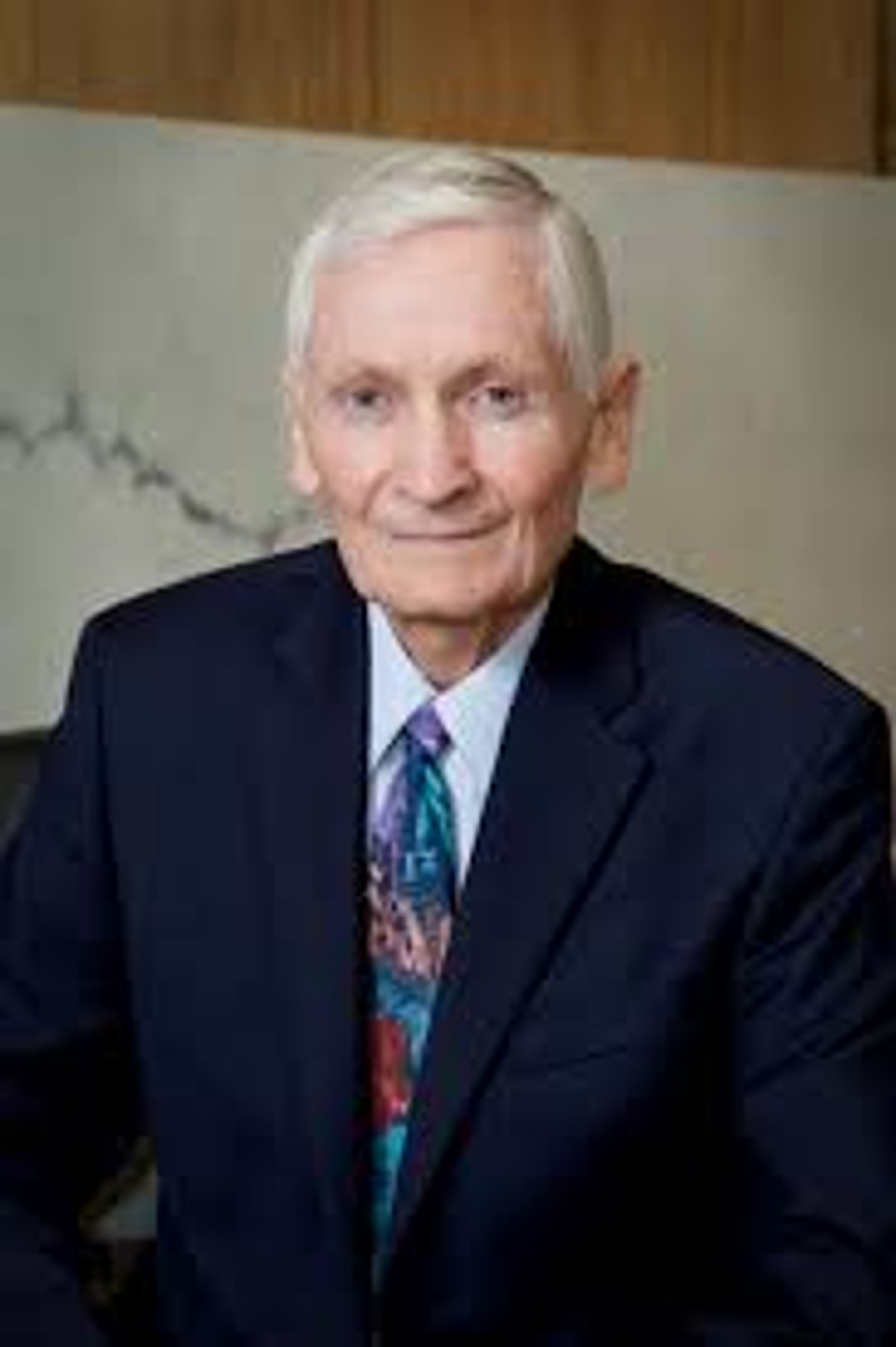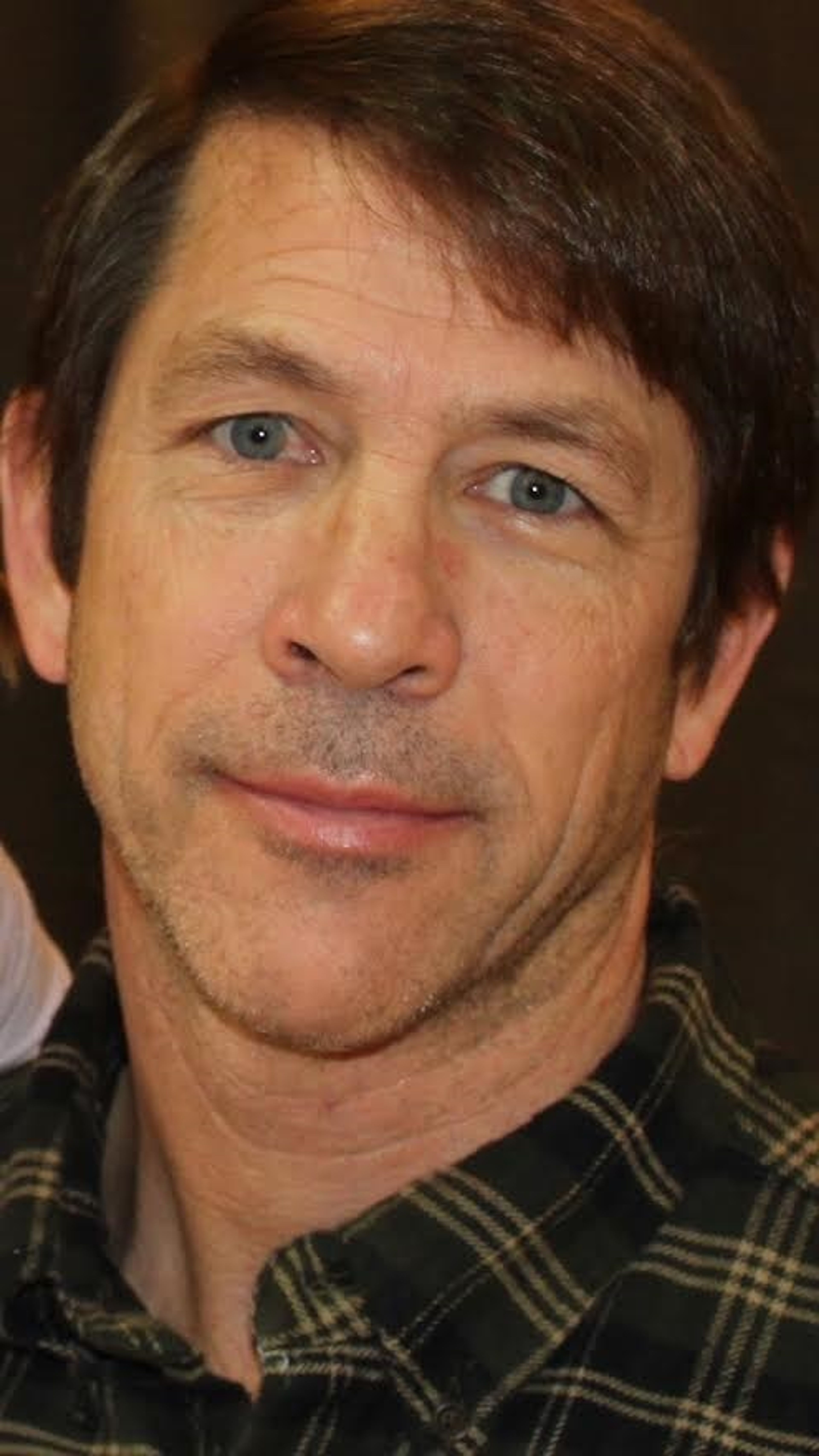A carbon tax is “the ‘number one thing’ that will help curb global emissions and rising temperatures,” according to Utah Senator Mitt Romney in a Washington Post webinar last month. A carbon tax is a “massive incentive for the private sector to innovate,” Romney said, according to Deseret News.
Pushback was swift. Romney “has advocated for a carbon tax for many years,” one letter writer observed in Deseret News. “The only outcome of a carbon tax will be increased costs … fuel prices will increase from their already high levels” and “electricity costs will only increase.” California electricity costs, he continued, “are among the highest in the U.S.” due in part to “a carbon tax.”
Within a week a clear, succinct explanation of what a carbon tax will actually do appeared in another letter. The writer begins by acknowledging the first letter’s claim that a carbon tax will raise prices of gasoline and electricity and increase costs of “goods produced with fossil fuels.” In spite of all this, the second letter responds, “a well-designed carbon tax would be a boon, not a burden, to the economic well-being of most Americans. If the money is used for a monthly dividend that everyone shares equally, then people who use the most fossil fuels pay, while everyone else wins.”
Who ends up paying? The writer answers his own question: “The wealthy,” because “they are the ones who use the most energy by far — between two and three times as much as someone at the bottom end of the income spectrum.” When a carbon tax is “matched with a dividend,” it “will put cash into the pockets of those with the least means.”
We must make energy from fossil fuel more expensive if we want fewer carbon-related impacts, with associated economic and health ramifications that affect each of us. “A carbon tax paired with a dividend will ensure that we have less pollution,” the writer concludes, “while also making the average American family better off.”
This courteous, positive, low-key exchange of differing opinions, stated clearly and directly, exemplifies public discourse at its finest. Such exchange of facts and ideas strengthens our democracy, even as it informs the public and encourages more social discourse. Claims on any side of a discussion are easily verified. We can inform ourselves with readily available information.
For example, a Google search framed around keywords from the first letter (“Are increased costs the only outcome of a carbon tax?”) returned detailed analyses and explanations from the World Bank, Congressional Budget Office, International Monetary Fund, The Brookings Institution, Columbia University, Resources for the Future, Our World in Data, Stanford University, The Economist, and many more.
Citizens Climate Lobby’s site was succinct: “Why put a price on carbon?” The answer was, “Because it’s the single most powerful tool available to reduce America’s carbon pollution.” A detailed explanation followed of how a carbon fee and dividend system works.
Most organizations and institutions appearing in my search favored a carbon tax for a variety of reasons, thus supporting Romney’s position and that of the second letter-writer. The Economist headline read, “The world urgently needs to expand its use of carbon prices.” Stanford University’s website explores “social cost of carbon” beyond monetary costs.
Climate change is a moving target. Our information changes — improves — because the science underlying climate change is constantly refined. We don’t, and probably never will, have all the answers. But answers we do have converge on fundamentals that warn we’re in big trouble if we don’t reduce, and quickly phase out, humankind’s carbon emissions.
Climate change isn’t only “warming.” Just ask someone from Buffalo, N.Y., whose loved one froze to death in a stranded vehicle during last month’s record blizzard, more than 100 inches so far this season.
But if you’re convinced climate change is real, that a warming atmosphere is disrupting key natural processes all over earth, investigate the Palouse Chapter of Citizens Climate Lobby (cclpalouse.org) and help educate others about a carbon fee and dividend system. If you’re not yet convinced, search reliable sources for information about carbon’s impacts — but make sure they’re reliable.
An old newspaperman’s adage says, “If your mother says she loves you, check it out.” Do it now!
Haug and Jolie, his editor and wife of 61 years, chat about these things regularly. Contact Pete at petes.pen9@gmail.com. His internet posts are at spokanefavs.com/author/peter-haug/.








